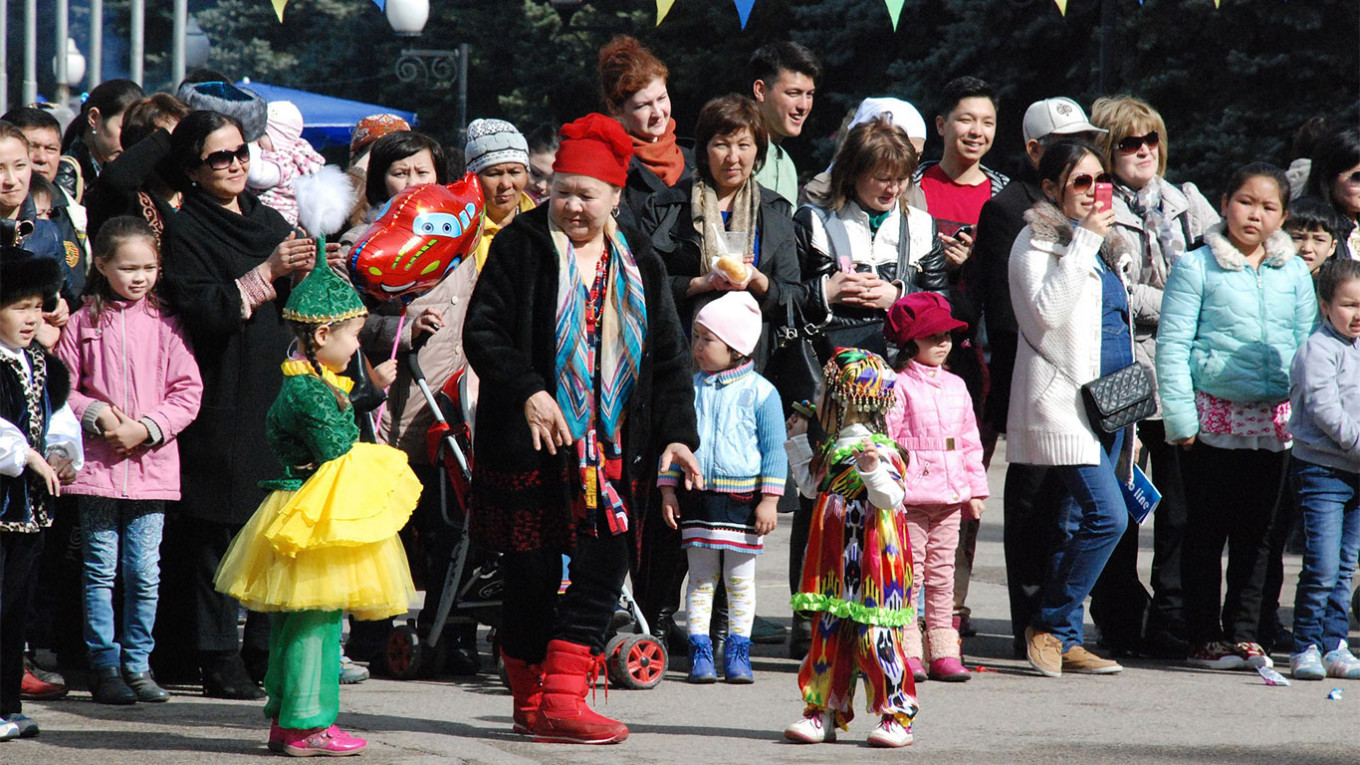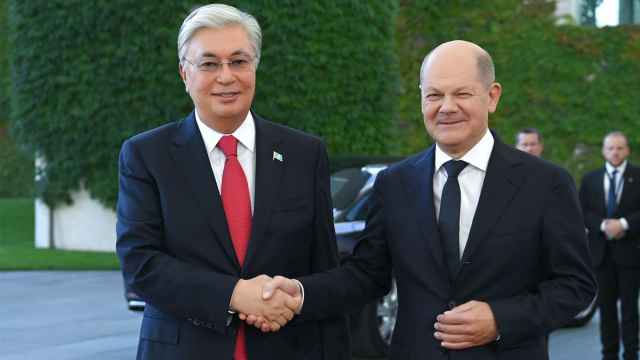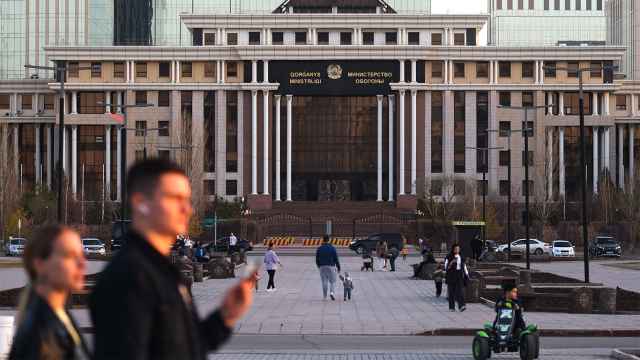Kazakhstan announced on Friday new efforts to increase the share of the Kazakh language over Russian in its media landscape, amid growing skepticism over Moscow's influence since the invasion of Ukraine.
Kazakh is the official language of the former Soviet republic in Central Asia, but Russian is recognized too and is still widely spoken among the tightly controlled country's population of some 20 million.
"The draft law on the media stipulates an increase in the share of the state language in television and radio from 50% to 70%," Culture Minister Aida Balayeva told reporters in the capital.
The legislation is being debated by lawmakers but is likely to be approved by parliament, which is seen as loyal to President Kassym-Jomart Tokayev.
"This transition will take place at a rate of 5% per year from 2025 onwards," Balayeva said, referring to a government plan to promote the Kazakh language since the collapse of the Soviet Union three decades ago.
Kazakhstan, where ethnic Russians comprise around 15% of the population, shares a long border with Russia and retains close political, economic and military ties with Moscow.
It has sought to strengthen ties with Western countries and China since Russia invaded Ukraine in 2022.
Neighboring Kyrgyzstan, where Russian is a recognized language, passed similar legislation earlier this year.
The law requires civil servants in the former Soviet country to be fluent in Kyrgyz, and for the media to produce 60% of content in the local language.
In Tajikistan, Turkmenistan and Uzbekistan — other ex-Soviet countries in Central Asia — Russian has no official status but is used by residents and officials.
A Message from The Moscow Times:
Dear readers,
We are facing unprecedented challenges. Russia's Prosecutor General's Office has designated The Moscow Times as an "undesirable" organization, criminalizing our work and putting our staff at risk of prosecution. This follows our earlier unjust labeling as a "foreign agent."
These actions are direct attempts to silence independent journalism in Russia. The authorities claim our work "discredits the decisions of the Russian leadership." We see things differently: we strive to provide accurate, unbiased reporting on Russia.
We, the journalists of The Moscow Times, refuse to be silenced. But to continue our work, we need your help.
Your support, no matter how small, makes a world of difference. If you can, please support us monthly starting from just $2. It's quick to set up, and every contribution makes a significant impact.
By supporting The Moscow Times, you're defending open, independent journalism in the face of repression. Thank you for standing with us.
Remind me later.






